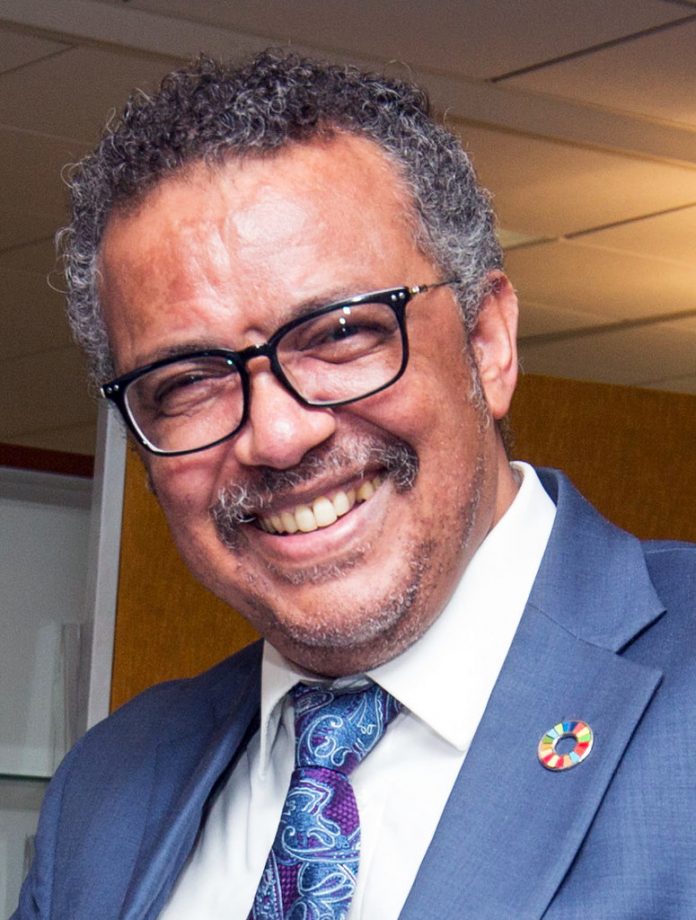During a two-day mission to WHO, IARC and other cancer excellence centres, a delegation of the Special Committee on Beating Cancer called for coordinated efforts in the fight against cancer.
On 3 and 4 November 2021, the BECA Delegation met with Director-General Dr Tedros at the World Health Organization (WHO) Headquarters in Geneva, visited the International Agency for Research on Cancer (IARC) to discuss synergies between BECA’s work and IARC’s new scientific strategy and Hospices Civils de Lyon (HCL), one of France’s leading university hospital centres and acclaimed cancer institute that integrates research, patient care and education. Members also explored the work of CLARA, an oncology and cancer research cluster with a European dimension. Discussions focused on key themes of interest, in light of the ongoing work on the BECA report: strengthen European health systems in cancer prevention and control; accelerate research and innovation with a focus on childhood, adolescent and rare cancers; the impact of COVID-19 on the continuity of cancer care delivery and putting the lessons of the pandemic to good use in the fight against cancer;; address inequalities in cancer prevention and care across the EU and the importance of the availability of quality data and evidence for health policies.
BECA Chair Bartosz Arłukowicz (EPP, PL) said: “In the worldwide effort to beat cancer, we must reach out and support each other. Our meetings this week mark a new chapter in the cooperation between the WHO and the European Parliament in the global response against cancer and the unprecedented challenges the ongoing COVID-19 pandemic poses for all areas of cancer care. We underscored our commitment to improve cancer care delivery systems for citizens and patients, no matter where they live. We are deeply concerned about the persisting inequalities across and within regions, where a patient has smaller chances of quality care and, in the end, of survival. I would like to thank WHO Director-General Dr. Tedros Adhanom Ghebreyesus for his commitment to universal, equitable access to cancer care and for offering the opportunity to discuss the synergies between WHO’s work and Europe’s Beating Cancer Plan and EU-WHO cooperation in the management of the COVID-19 pandemic on non-communicable diseases such as cancer.” WHO Director-General Dr. Tedros Adhanom Ghebreyesus, said: “Cancer is one of the world’s leading causes of death, and its burden continues to grow. We very much welcome Europe’s Beating Cancer Plan, and the efforts of the BECA Committee to reduce cancer inequalities across the EU. The pandemic has highlighted the importance of global solidarity, and that health should not be seen as a cost but an investment. We look forward to building on this commitment, and to continuing our joint work with EU Member States and Institutions. With support from the highest political levels, anything is possible. WHO is fully committed to work with Parliaments and parliamentary platforms to position health at the core of the political agenda.” WHO Regional Director for Europe, Dr. Hans Henri P. Kluge, said: “Of the six WHO regions, the European Region is the most affected by non-communicable diseases including cancer. If we are to succeed in creating a Region where cancer is no longer a life-threatening disease, we must join forces. Both the European Programme of Work and the pan-European cancer movement, United Action Against Cancer, create opportunities to work with partners to tackle the growing impact of cancer. I count on the European Parliament’s support to continue working together to beat cancer. It is an ambitious task, but strong partnerships with shared goals can make it possible.”
The two-day BECA delegation included Bartosz Arłukowicz (EPP, PL, BECA Chair), Sara Cerdas (S&D, PT, BECA second Vice-Chair), Cindy Franssen (EPP, BE), Nicolás González Casares (S&D, ES), Nicolae Ştefănuță (Renew, RO), Joelle Mélin (ID, FR), accompanied in Lyon by Véronique Trillet-Lenoir (Renew, FR, BECA rapporteur.
The committee vote on the draft BECA report and amendments is foreseen for 6 December 2021. The plenary vote will take place in early 2022.

